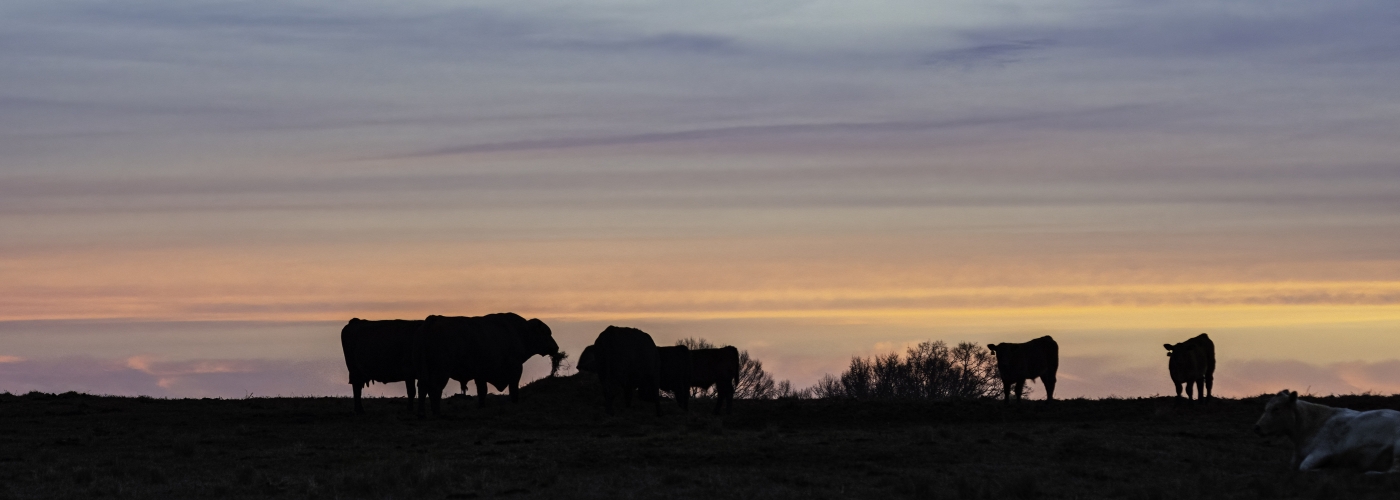Regenerative agricultural describes holistic farming and grazing practices aimed at improving soil health. Unlike sustainable agriculture that intends to maintain farming systems, regenerative practices apply techniques to restore and revitalize farms and neighboring ecosystems.
Agriculture today is under scrutiny, because it is a major contributor to greenhouse gas emissions. Regenerative agriculture offers a solution by rebuilding soil organic matter, reviving degraded soil biodiversity, and facilitating carbon sequestration. New approaches, however, must not compromise productivity, since the world population is growing exponentially.
How can we increase production as we simultaneously reduce emissions?
To address this generational challenge, the Penn Regenerative Agriculture Alliance hosts its first annual workshop to stimulate interdisciplinary discourse around future models of agriculture. The alliance is a collaboration between the Center for Stewardship Agriculture and Food Security at Penn Vet and the Kleinman Center for Energy Policy at the Stuart Weitzman School of Design. The workshop is funded by a research community grant from Penn’s Environmental Innovations Initiative and welcomes participants from schools across campus.
To register for this event, please email Thomas Parsons.
Schedule
10:00 AM: WELCOME
10:20 AM: KEYNOTE Jane Zelikova
11:20 AM: ALAIN PLANTE Soil Organic Matter, Soil Health, and Climate Mitigation
11:40 AM: RAHUL MANGHARAM Plant Factories: The Internet of Things for Precision and Decision Agriculture
12:00 PM: LUNCH
1:00 PM: KEYNOTE Beth Hoffman
2:00 PM: COFFEE BREAK
2:20 PM: ZHENGXIA DOU Food Waste Upcycling for Climate Mitigation
2:40 PM: TOM DANIELS Opportunities in Regenerative Agriculture and Nature-Based Solutions
3:00 PM: DIPTI PITTA Enteric Methane Mitigation in Livestock
3:20 PM: NICK PEVZNER Renewable Energy in Agricultural Landscapes: Designing for Multifunctionality with Solar and Agrivoltaics
3:40 PM: PETE PSARRAS CDR Markets and Measurement, Reporting, and Verification
4:00 PM: CLOSING
4:15 PM: RECEPTION
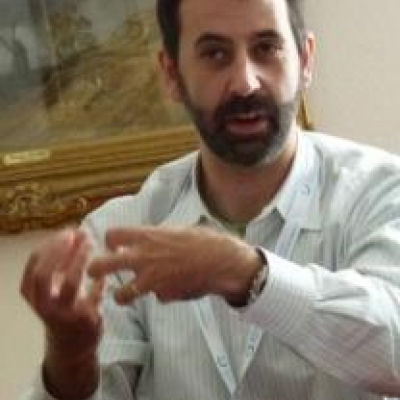
Alain Plante
Professor of Earth and Environmental Science
School of Arts and Science
Alain Plante is a professor of Earth & Environmental Science and the Faculty Director of the University Scholars Program. His research interests focus on the field of terrestrial carbon biogeochemistry. He is interested in the mechanisms and processes that act to stabilize and de-stabilize organic carbon in surface soils, and the links between the soil carbon balance and the broader global carbon cycle.
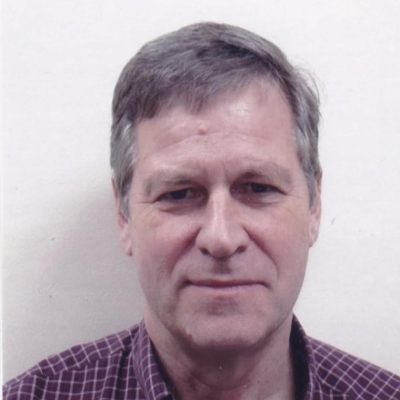
Tom Daniel
Crossways Professor, City and Regional Planning
Weitzman School of Design
Tom Daniels directs the concentration in Land Use and Environmental Planning. He also administers the Certificate in Land Preservation and the Certificate in Ecological Planning. Tom frequently serves as a consultant to state and local governments and land trusts. Since 2005, he has served on the Board of Trustees of the Orton Family Foundation, which seeks to promote better planning and decision making in small cities and towns. In 2010, Tom was a recipient of
the Clarkson Chair at the State University of New York at Buffalo, a recognition as one of the leading academic planners in the United States.
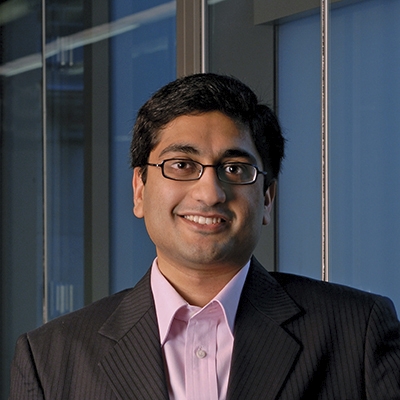
Rahul Mangharam
Associate Professor of Electrical and Systems Engineering
School of Engineering and Applied Science
Rahul builds safe autonomous systems at the intersection of formal methods, machine learning and controls. He applies his work to safety-critical autonomous vehicles, urban air mobility, life-critical medical devices, IoT4Agriculture, and AI Co-designers for complex systems. He is the Penn Director for the Department of Transportation's $14MM Mobility21 National University Transportation Center which focuses on technologies for safe and efficient movement of
people and goods. Rahul received the 2016 US Presidential Early Career Award (PECASE) from President Obama for his work on Life-Critical Systems. He also received the 2016 Department of Energy’s CleanTech Prize (Regional), the 2014 IEEE Benjamin Franklin Key Award, 2013 NSF CAREER Award, 2012 Intel Early Faculty Career Award and was selected by the National Academy of Engineering for the 2012 and 2017 US Frontiers of Engineering. He has won several ACM and IEEE best paper awards in Cyber-Physical Systems, controls, machine learning, and education. He is also the Managing Director of the Autoware Center of Excellence on Autonomous Driving and develops electric vehicle platforms at Pennovation.
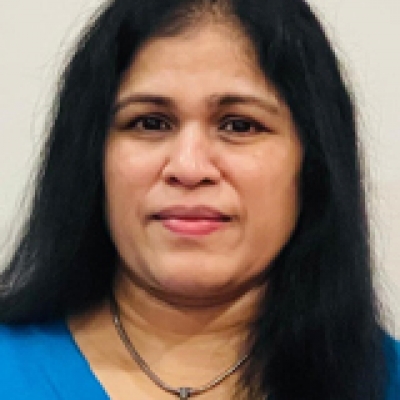
Dipti Pitta
Assistant Professor in Ruminant Nutrition
School of Veterinary Medicine
Dipti Pitta is an assistant professor in ruminant nutrition at the School of Veterinary Medicine. Her research interests focus on farming, nutrient uptake and utilization, feed additives, feed supplements, and microbial diversity in the rumen in response to diet and dietary shifts.
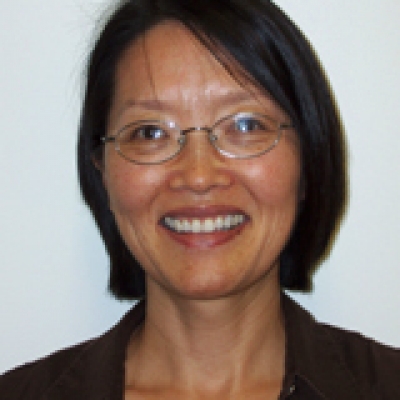
Zhengxia Dou
Professor of Agricultural Systems
School of Veterinary Medicine
Zhengxia Dou is a professor of Agricultural Systems at the School of Veterinary Medicine. Her research interests focus on livestock farming, sustainable farming, novel feeds for dairy cows, and agri-food system efficiency.
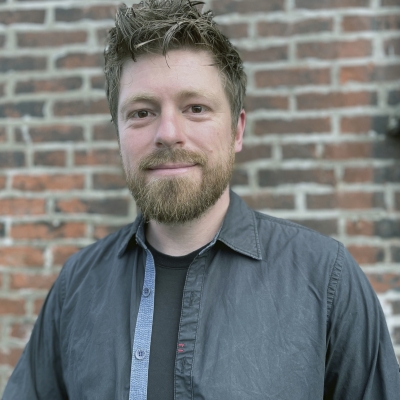
Nick Pevzner
Assistant Professor, Department of Landscape Architecture
Weitzman School of Design
Nicholas Pevzner is an Assistant Professor in the department of Landscape Architecture at the University of Pennsylvania’s Weitzman School of Design. His research spans across the topics of ecological systems, energy landscapes, and climate policy. His teaching and research look for opportunities for decarbonization across sectors, investigating the impacts of climate policy on physical built environment, on cultural attitudes, and on implications for spatial justice. He teaches design studios, as well as courses on urban ecology, urban design, the history of energy
systems, and post-carbon futures—including the spatial politics of energy transitions in culturally contested landscapes.
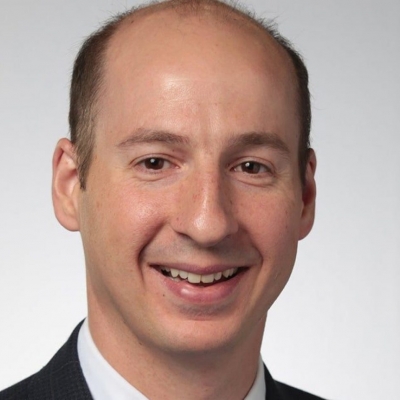
Pete Psarras
Research Assistant Professor of Chemical Engineering
School of Engineering and Applied Science
Peter Psarras is a research assistant professor in chemical and biomolecular engineering at the School of Engineering and Applied Sciences. He oversees the direction of Jennifer Wilcox’s lab, focusing on carbon dioxide removal and carbon capture.
His research involves techno-economic and life-cycle assessments of carbon capture, utilization and storage, and carbon dioxide removal systems, specifically in identifying regional opportunities for deployment. Peter received his bachelor’s degree in chemistry from Miami University in 2005 and his Ph.D. in chemistry from Cleveland State University in 2014.

